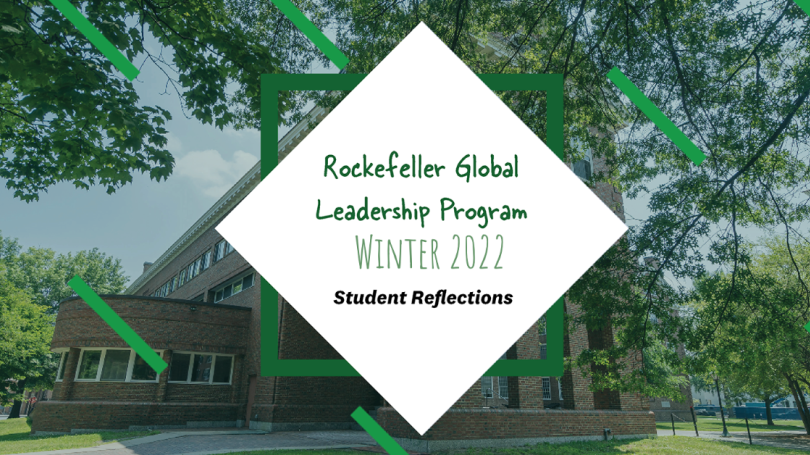
- Public Policy
- Leadership
- Funding
- News & Events
- About the Center
Back to Top Nav
Back to Top Nav
Back to Top Nav
Back to Top Nav
Our home city of Delhi is like a weed––bred without tenderness, blooming with no vitality, yet somehow surviving. The "rape capital of India" the news calls it. Its air is thick with dust, coating the city with a sense of hopeless foulness. My parents did not want me to breathe it in. Instead, I grew up in a sleepy rural town in the United States––the egalitarian meritocratic melting pot of the world, or so I was told. Until I was about ten, my grandmother Dadi slept in my room with me, its rosy pink wallpaper and sparkly threadbare curtains making it feel a little less small. Communication was always a challenge between the two of us. Dadi could not read or write, nor could she speak any English.
The dominant narrative of literacy paints a rosy picture of cultures seamlessly blending together (an idea I discussed in my RGLP application that has grown more salient in my mind now that I have completed the program). However, for those of us whose roots are not directly below us, but stretch across nations, its reality is much more complex. In one sense, it is liberation. When I watched my grandmother glow with the pride of learning her first English word, I saw the beauty in literacy. Tara Westover––an American author who was raised by survivalists in rural Idaho and never attended school until college––writes in her memoir "Educated" that before she gained literacy, "[her] life was narrated for [her] by others. Their voices were forceful, emphatic, absolute."[1] My grandmother's story demonstrates what it feels like to be illiterate, as if you are covered in a thick intractable dust, under which you are neither permitted to think nor breathe, only to fear and obey. The opportunity it offered her to extend beyond the brittleness of her form and the worst of social structures, to grasp hold of a sense of self as she finally gained permission to narrate her own life.
Thus, I believe the most important tool in building platforms for dialogue across differences is education. This does not mean that all people, regardless of nationality and ethnicity, must conform to standards of English. What it means is that we must focus on establishing high standards of literacy for ourselves and educating all people to become global citizens.
[1] Westover, T. (2018). Educated: A memoir. New York City, NY: Penguin Random House, pg. 197.